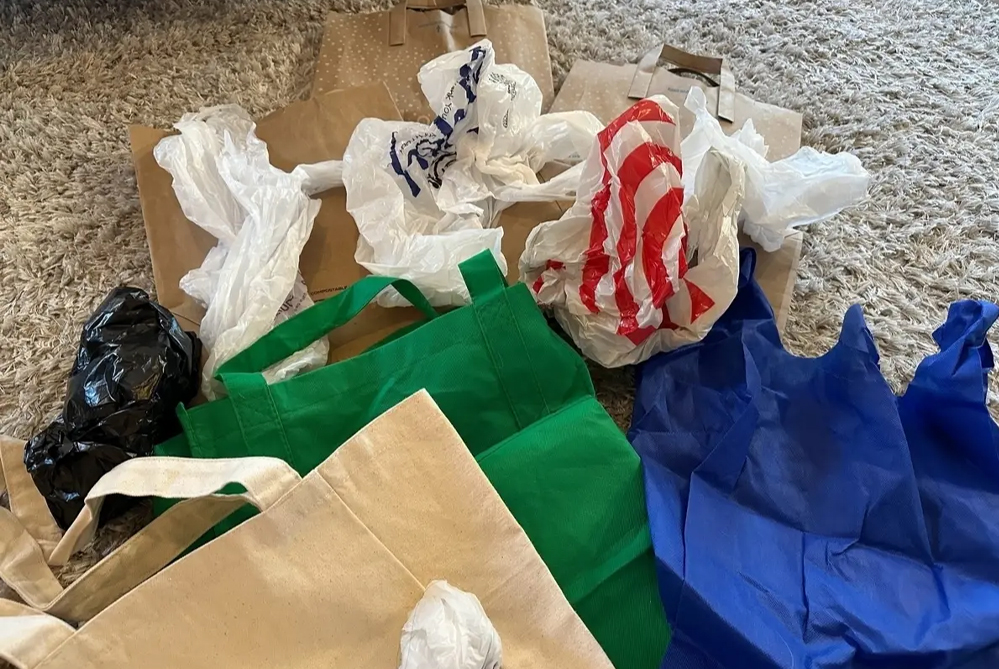Cherry Hill, among several towns in New Jersey, has experienced a substantial decline in plastic bag usage, with approximately 22.7 million fewer bags finding their way into the trash each year, according to a recent study. This significant change is attributed to the state-wide ban on single-use plastic bags, in effect for almost two years.

According to a study by Environment America, those 22.7 million bags, if laid side by side, would span an impressive 3,943 miles, and their production would require 114,458 gallons of oil. These statistics are based on Cherry Hill’s estimated population of 76,723 residents.
New Jersey implemented the ban on single-use plastic bags in May 2022, nearly two years after Governor Phil Murphy signed it into law in 2020. The move has been part of a broader effort to reduce pollution and litter associated with plastic bags. The ban prohibits stores and supermarkets from distributing single-use plastic bags to customers.
Supporters of the ban emphasize its positive impact on reducing environmental pollution and litter. New Jersey is not alone in its initiative; as of the first day of 2024, ten states, including Colorado and Rhode Island, have enacted similar bans.
Environment America reports that New Jersey’s ban prevents a staggering 2.7 billion bags from entering the waste stream annually, equivalent to circling the Earth 19.11 times.
JoAnn Gemenden, the executive director at the New Jersey Clean Communities Council, praised the ban’s success, stating that the state has considerably less visible litter since its implementation.
However, critics argue that plastic bag bans pose challenges for businesses and consumers. They also question the overall effectiveness of such bans, citing a recent study by Freedonia Custom Research. This study suggests that the reliance on heavier reusable bags has led to a threefold increase in plastic production (by weight) compared to pre-ban levels. Furthermore, greenhouse gas emissions from the production of these bags have allegedly surged by 500 percent since 2015.
It’s essential to note that the Freedonia Custom Research study has faced criticism for potential bias, as it was funded by a group representing the interests of U.S.-based manufacturers and recyclers of plastic bags. The debate over the efficacy and impact of plastic bag bans continues to unfold amid these contrasting perspectives.



